Anna Cantor is a dementia coach. Following her mother’s diagnosis of early-onset Alzheimer’s in 2010, Anna became her full-time caregiver, deeply learning the ins and outs of the caregiving system. This experience inspired her current role. Anna coaches family caregivers through the logistical and emotional challenges that arise when caring for a family member who has dementia or Alzheimer’s. From finding the right care community, to managing grief, to developing skills to improve care, Anna employs a holistic approach to better prepare her, both practically and emotionally, to navigate this challenging journey.
Note: In this conversation we used the term "caregiver." We want to emphasize that we respect the term "care partner" and all it stands for. To learn more about why "care partner" is is more accurate term to use, please see the below explanation by dementia expert, Teepa Snow:
"Care partners are here to support and help the person. Not to GIVE them something they may not want or need. When we work in partnership, there is a mutual benefit to be achieved. Everything we do with Persons living w/ dementia should include permission, shared tasks, and appreciation for their help. The role of the care partner will continuously change as the condition changes, but it must always be a partnership." -Teepa Snow
This is the first part of our conversation. It has been edited for length and clarity.

Ben: I'd love to hear a bit about your background and how it led you to becoming a dementia coach.
Anna: Becoming a dementia coach is almost a decade in the making. I cared, and still am caring for my mother, and that experience inspired me in this role. She was diagnosed in early 2010 with frontal temporal lobe dementia and early onset Alzheimer's. Very, very young. She was 56. I pretty much dropped what I was doing in my life to be her caregiver. And that that journey was just something that completely changed my life. I definitely wouldn't be here today doing what I'm doing if it wasn't for the care that I gave her and learning how to navigate the system that I had to do back then. I was her primary caregiver for four years. When her symptoms worsened and she declined, we decided to move her into a long-term care community in 2014. I've continued to be her advocate and her primary family caregiver.
Ben: How did you learn how to be a family caregiver?
Anna: Soon after her diagnosis, I started attending a support group through the Alzheimer's Association, and also went annually to the Western Washington Conference through the Alzheimer's Association. This helped a lot. I tried to get help from anyone who would provide it. But I was also, like so many new caregivers, anxious that I didn't know enough or have enough support. So that anxiety pushed me to continue to learn.
Ben: How did you move from being a family caregiver to a caregiver coach?
Anna: After Mom moved into a memory care community, I took a kind of break from caregiving for a while. I worked in corporate jobs and I worked in human resources and did a lot of work, but still maintained a presence in the dementia community, especially in the Pacific Northwest.
I also started a blog during that time. I didn't keep that blog up for too long, but around 2014, I wrote a blog post about wanting to turn my experience into something good. I wanted to help and support others who were going through similar challenging experiences. I did a certification to become a life coach. I knew my specialty would be to support caregivers. Many of my clients are Millennials. On top of the life coaching certification, I also have become a dementia consultant through Teepa Snow's organization, which is widely held to be the best place to learn about dementia caregiving.
Teepa focuses on the positive approach to care. And that has just completely transformed my approach. And if everybody could take her course, the world would be a better place. And of course, I have a deep well of personal experience in the past decade. My mom is very late stage right now; she's kind of transitioning into end-of-life planning. I've just sort of seen all the phases and I've seen all the decline. And I can really speak wholeheartedly about how it affects the person living with dementia, the family, the friends, the relationships, the jobs, everything.
Ben: When you started caring for your mom, what was that initial rollercoaster like?
Anna: It was extremely, extremely hard. I felt like I had no time to grieve. I didn't really feel like I had time to process it. When she was first diagnosed, I was working so hard on the logistics stuff -- trying to set her up with a Power of Attorney, and taking her to multiple neurology appointments to get second and third opinions. And then it was almost like Groundhog's Day, where we take her in, get the same diagnosis. They would tell her the heartbreaking news. And she was one of those people who actually didn't understand the diagnosis. She was so cognitively far behind that a doctor would tell her this diagnosis, that her whole life is going to change. And there wasn't really a purpose in doing that over and over again with her, because she would forget. And reminding her would just send her spiraling down into sadness or confusion. So for me, it was so sudden and so abrupt.
Ben: Did you notice her behavior gradually change?
Anna: I was actually living in Germany for four years. I heard something was wrong with my mom. It was vague. It wasn't very black and white. So I flew back. I have two brothers in the area, but I think perhaps because I was living abroad and I didn't see her all the time while they did, they didn't notice some of the changes. When I did see her for the first time in a year, it was just so shocking to me how much she had declined. When you're in front of somebody all the time, the signs can be missed. My mom was an art teacher at a high school, and I basically discovered some red flags in the way that she was teaching. She was having these meetings with the superintendent and the principal about not taking attendance, not interacting with her class appropriately. And that's when I decided to intervene and step in and call the school district superintendent and tell them that I really think something is going on.
They pulled her out of teaching and said that she just needed to go get checked out and ultimately she never went back to work. So that was really hard at the beginning because she constantly asked why she is not going back to work. She asked if she got fired and was really stressed out about it. So I had to step in there and kind of make up stories and redirect and tell her that they let her retire early. I'd tell her that summer break started early. She was diagnosed in March of 2010. It wasn't that far away from the summer. Ultimately in those moments, it's important to create scenarios that don't confuse the person. The first few months are really, really hard, just sort of navigating everything. I was her primary caregiver and I didn't feel like I had the help or the support that I needed. I did it all on my own. I didn't feel like I was doing the best thing for her or being the best version of myself. It's horribly cliche to say, but true. If I only knew then what I know now, it would have been so much different.
Ben: What do you think would have been different?
Anna: I would have had much more patience. I would have understood the disease more. I would have understood what she needed. I know now that I didn't do a terrible job -- I did the best I could. But I didn't really utilize resources well, including leaning on my friends and family for support.
Ben: Often it seems small red flags pop up before a diagnosis that are so gradual that they can be missed. Is this common? Do caregivers and loved ones feel guilt about missing early warning signs?
Anna: There's definitely a process to work through, like a feeling of guilt. It's important to talk through it. How does the guilt make you feel? It's important to create awareness around it, rather than saying it's not good and you should never feel guilty because that just doesn't help in any situation. Because the thing with dementia is that even if you do know sooner, there's nothing that's going to stop it because it's chronic and fatal. Whether or not I was living in Berlin, the only thing I wish is that I would have been able to spend more time with my mom before she started to change, and that's something that sits with me and I live with and I process it. But I'm not actually grieving or regretful because that's not healthy at all.
But I think your question relates to a larger issue. As a society, we have to really transition to a mindset that it's important to bring stuff up, like red flags in a friend or family member. If you notice behavior or brain changes, most people might think it's polite to not say anything, when they most certainly should bring it up.
Ben: You mentioned you went to some support groups. What are those like?
Anna: I love the Alzheimer's Association. And because I live in a bigger city, they have a lot of support groups here. And the one that I attended was specifically for young-adult caregivers of early onset Alzheimer's. So it was very specific. I sat around a table and there were people next to me who had parents also in their late 50s, early 60s. And it was all children or young adults, no spouses. I think a support group is great. It only happens once a month. It's typically two hours long.
Ben: Can you really break down what that coaching looks like? So let's say I'm meeting with you and it's our first session together. What does that look like?
Anna: Before we meet, you would have filled out a mini-questionnaire about who you're seeking help for. I coach two types of people. There's the person who is actively caring for a loved one, and they're either doing it via home care, or they live in a community and they need help with communications and long-term planning. In these instances, we're coaching around how they interact with that person and with the decline. So you would sit down, nowadays via Zoom, and we would talk about where your family member is at and if they've had a formal diagnosis because dementia presents differently in different people. We'd discuss any behavioral issues, for example, if your parent is showing signs of aggression or if they always want to hop in the car. We would look at some of the remedies that we can put in place in order to kind of fix that.
They might just need help finding a suitable community for their parent. I know how to navigate the care-community system and figure out if it's the right fit for each client. I can go in and ask those really hard questions, like making sure they have all their certificates and their credentials and asking about the turnover rate of caregivers and things that some people just don't think of. And then typically, if it isn't local, I set them up with their appointments. I even call ahead and do a pre-screen, almost like recruiting. And since I do this so often, I can look for things that families might not notice.
And then there's the person who has lost their loved one and they are just looking to find something to fill that void. And so I do one-on-one consultations for people who have a really specific issue they need help solving.
Ben: What's a typical coaching session like?
Anna: Coaching is typically a weekly session for 12 weeks. Sometimes it's longer or more frequent. If a client is working through a grief cycle and is having some thoughts of guilt or blame or sadness, we'll work through how they are going to live with that going forward. Because you're losing your parent. You're losing your spouse. You don't have to lose you. I often ask questions about their passions and what makes them happy, or what used to make them happy. Who were you before you became a caregiver? I hear often that a person's whole identity changed after becoming a caregiver. And we'll work through how can we bring back some of that joy and some of that passion aside from caregiving. It's great if you identify with being a caregiver and to love what you do, but it's not all of who you are. It's not your full identity. And because I can help with some of the time-consuming aspects of caregiving, like researching care communities and providing home-care remedies, caregivers end up getting a bit more of their time back. Even if I save them a few minutes a week, that’s important. And therefore, I feel like they increase their bandwidth to do other things that bring them fulfillment.






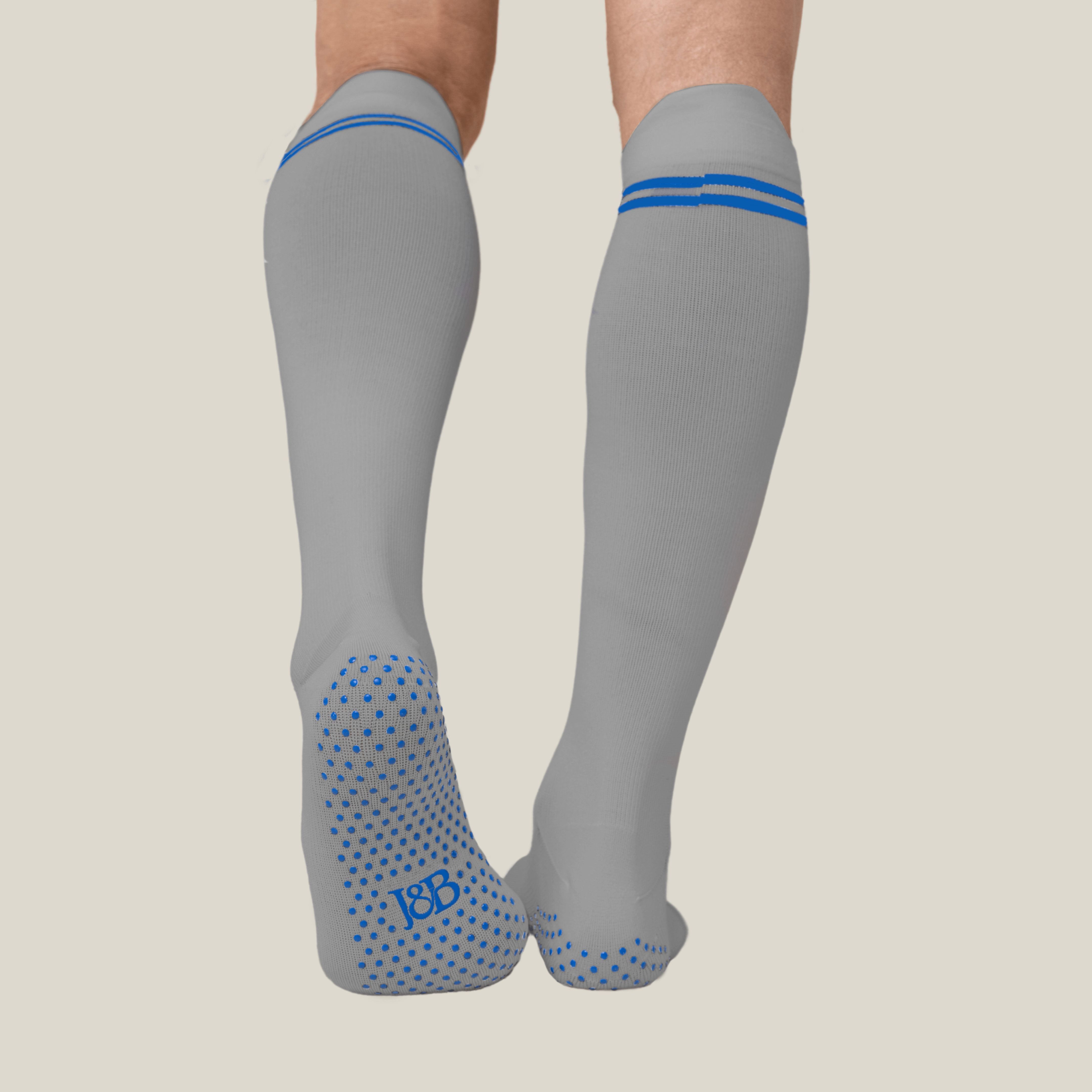




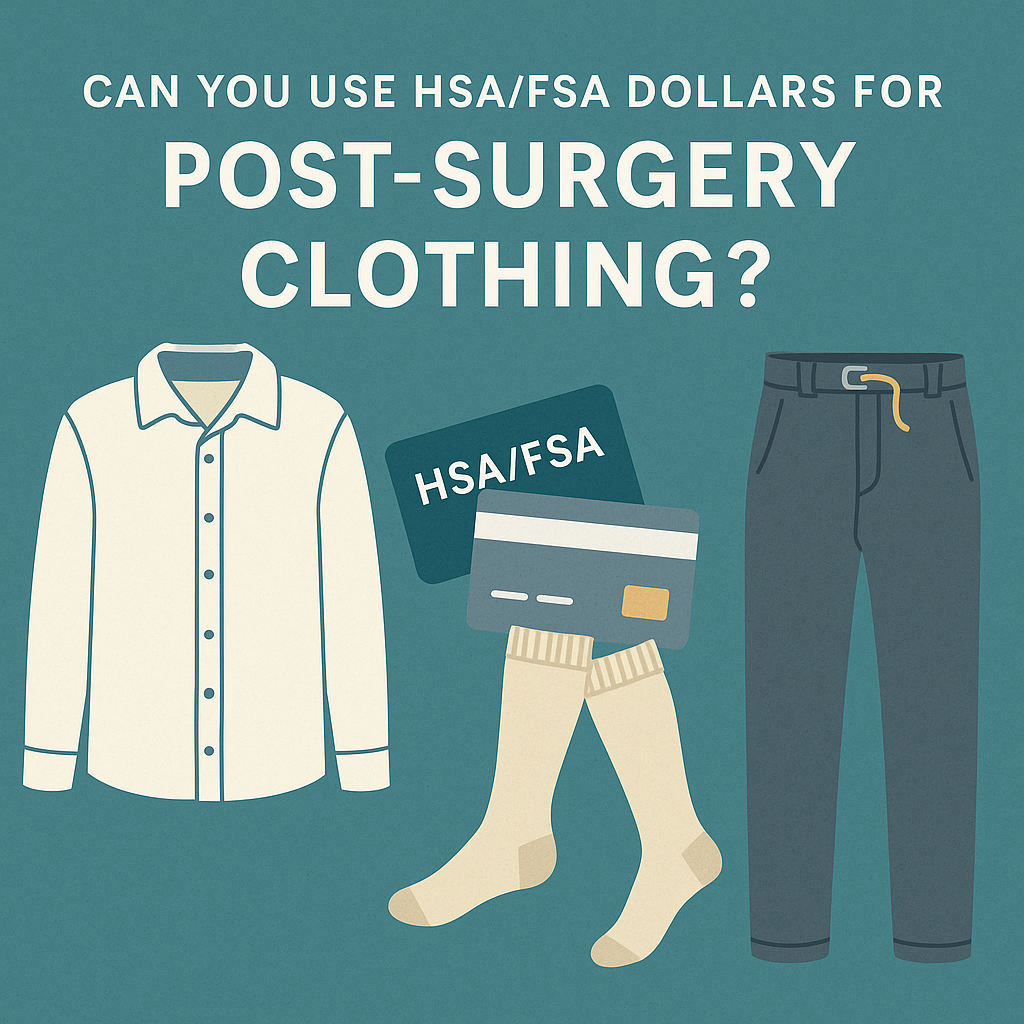
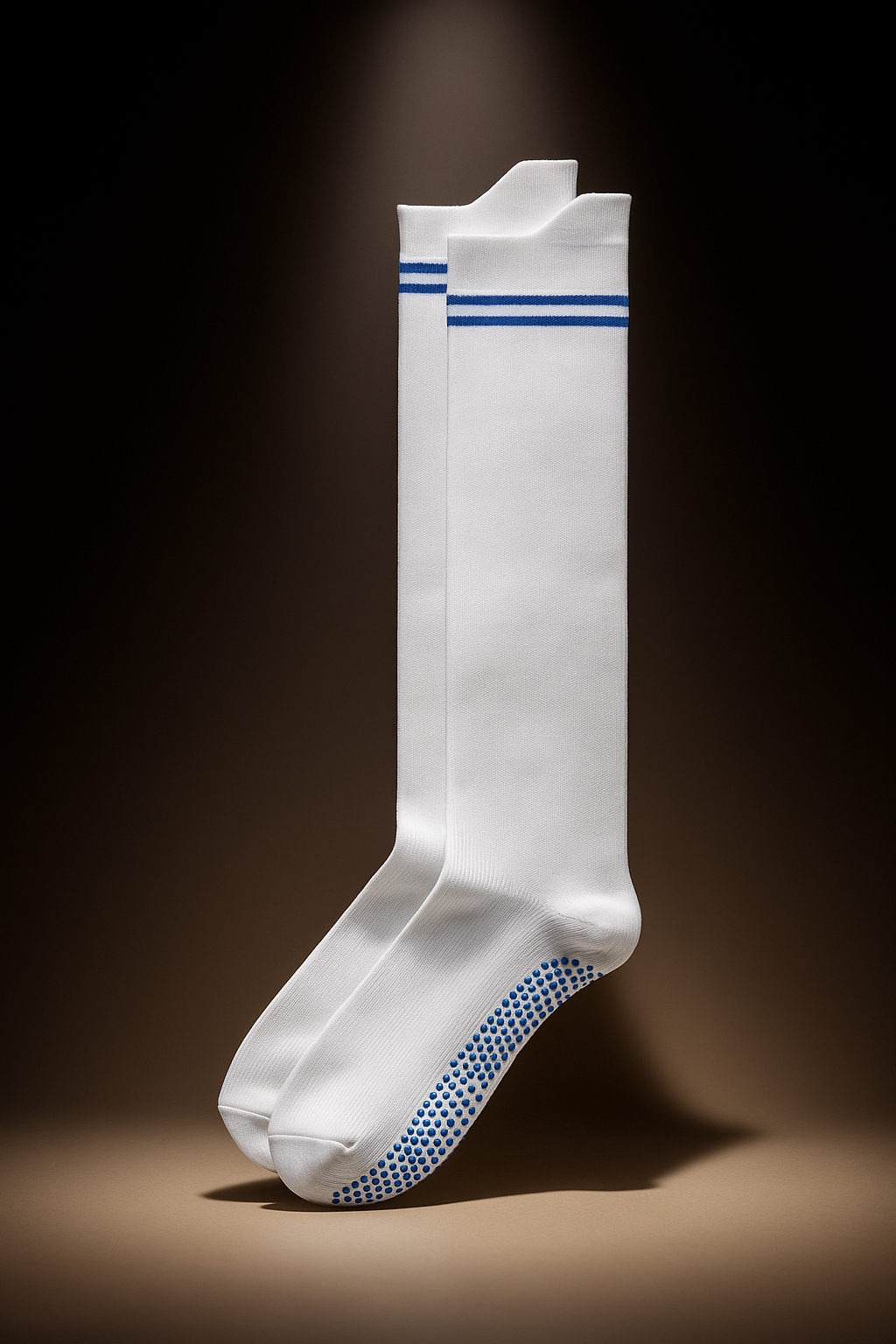


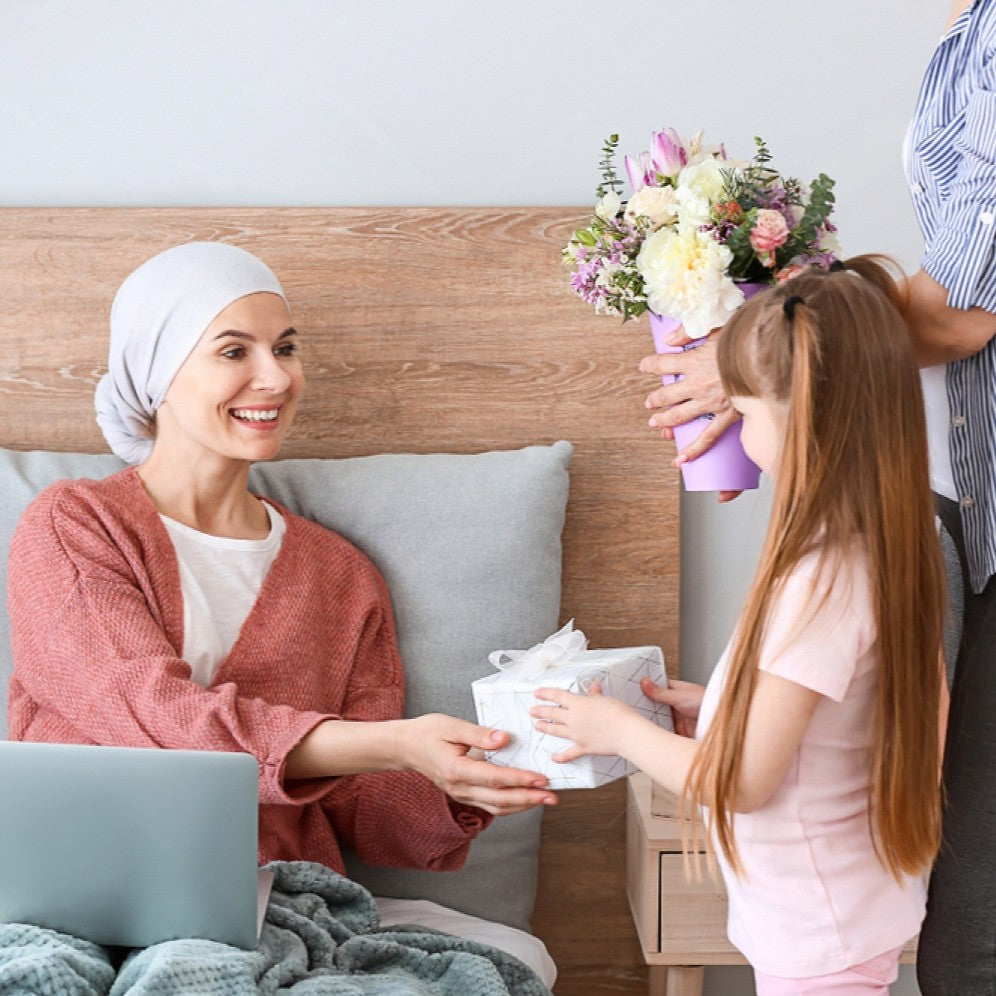







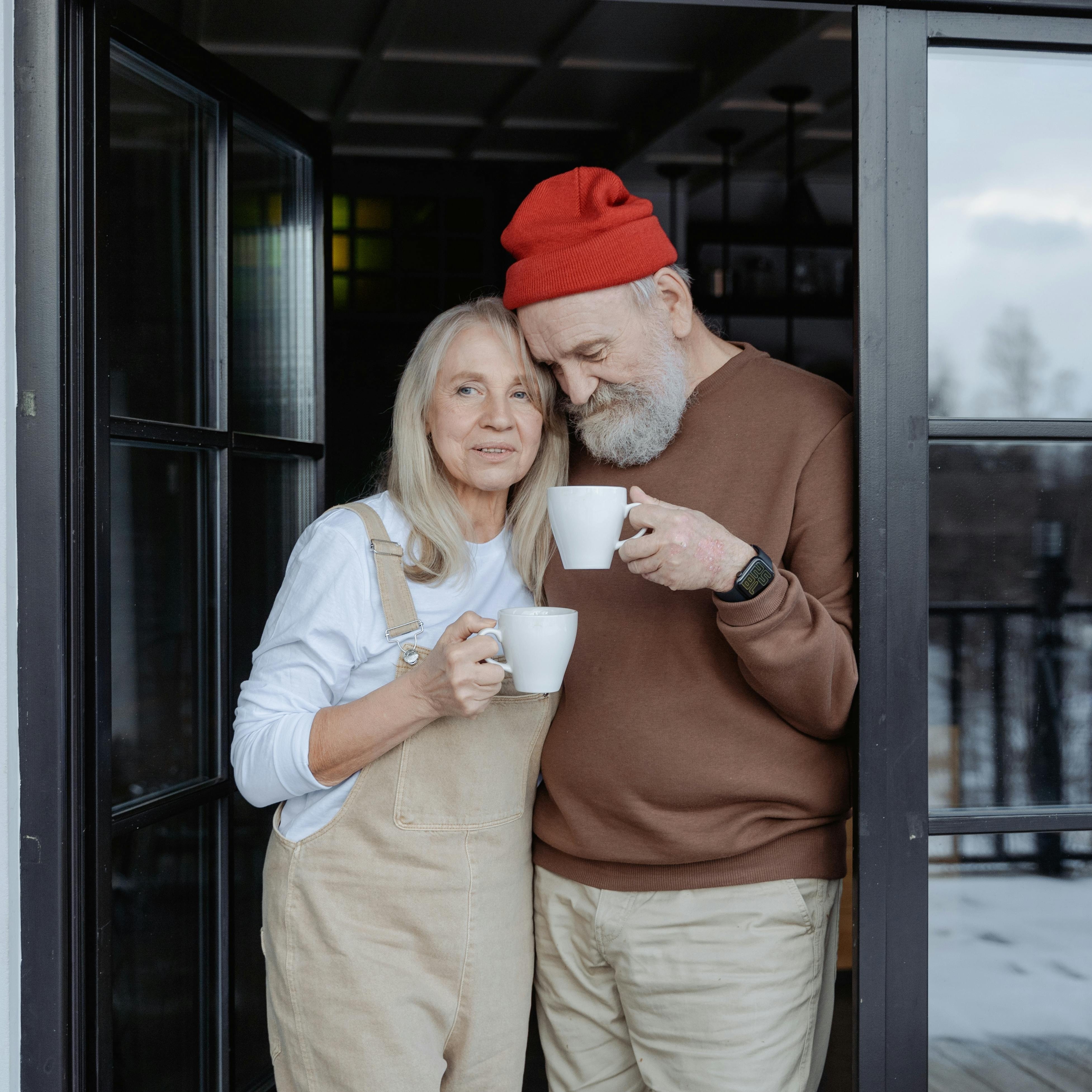

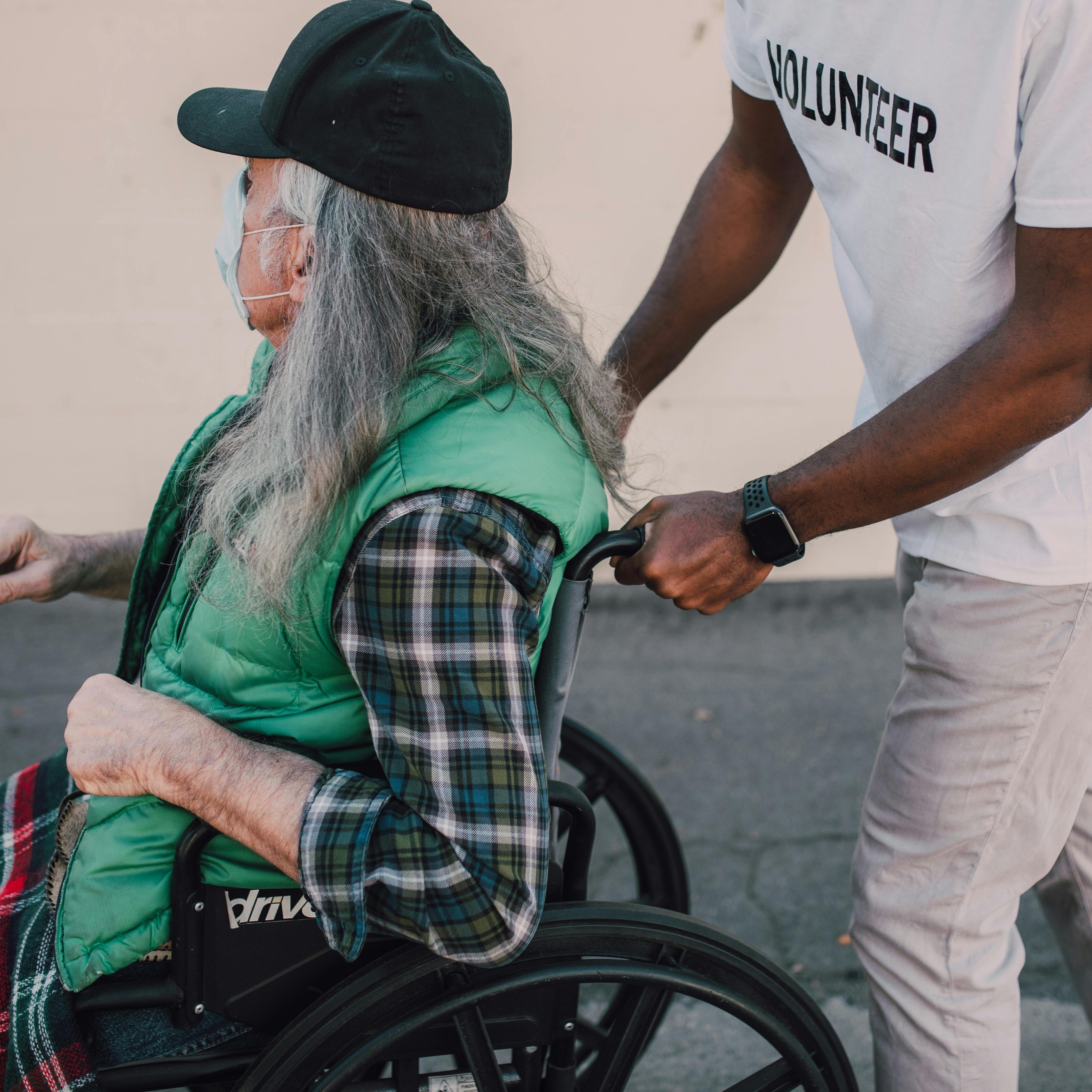


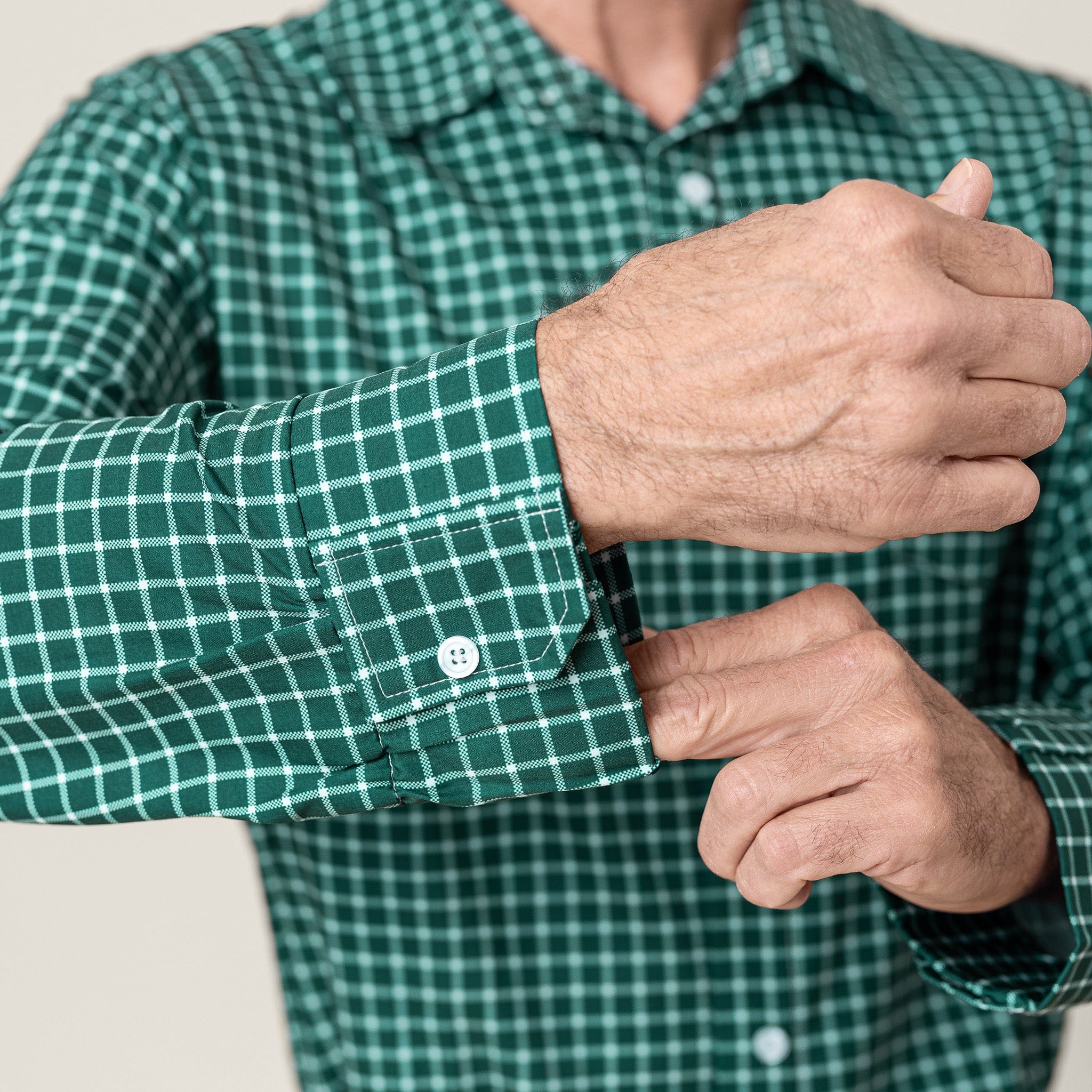

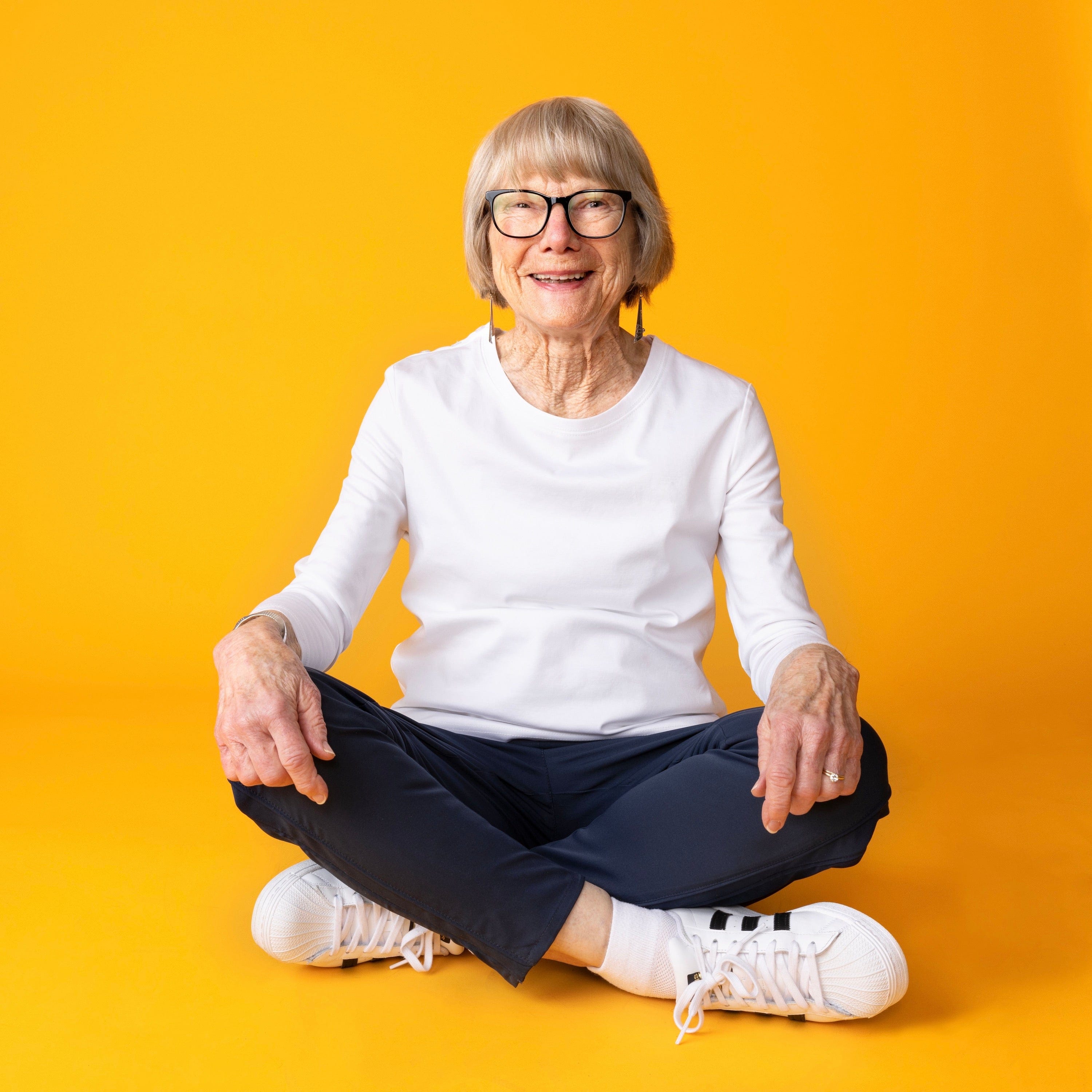
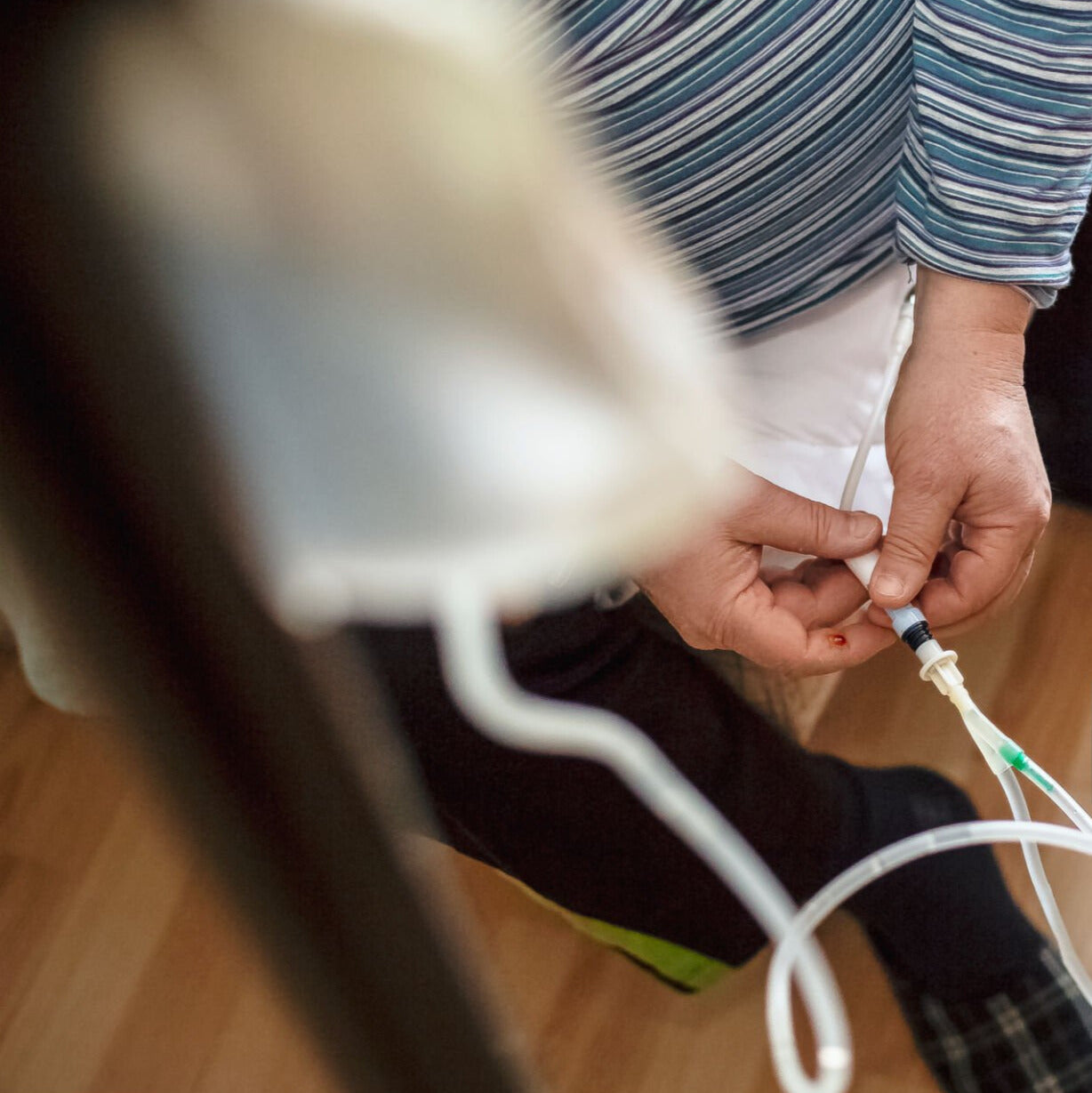

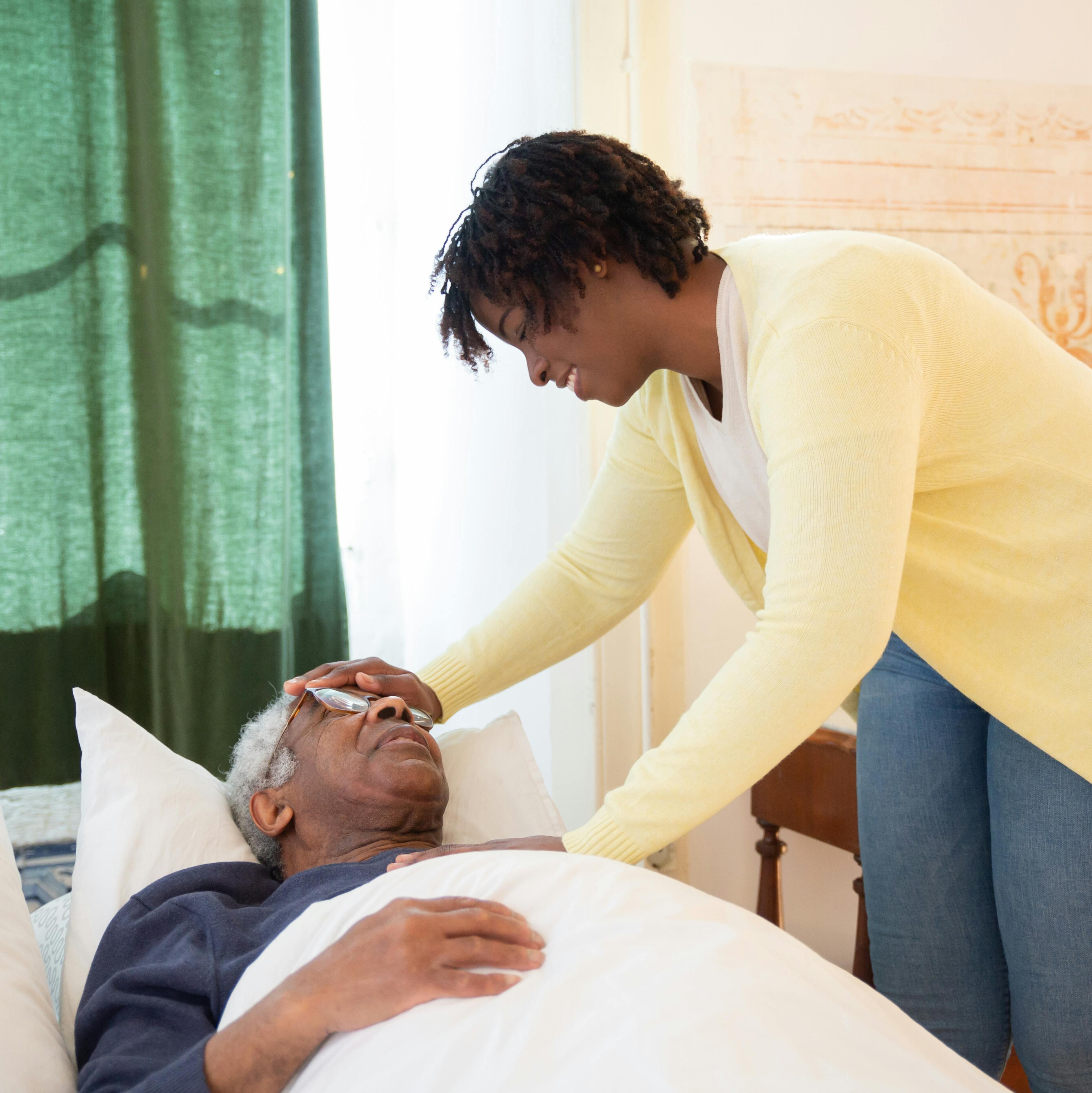
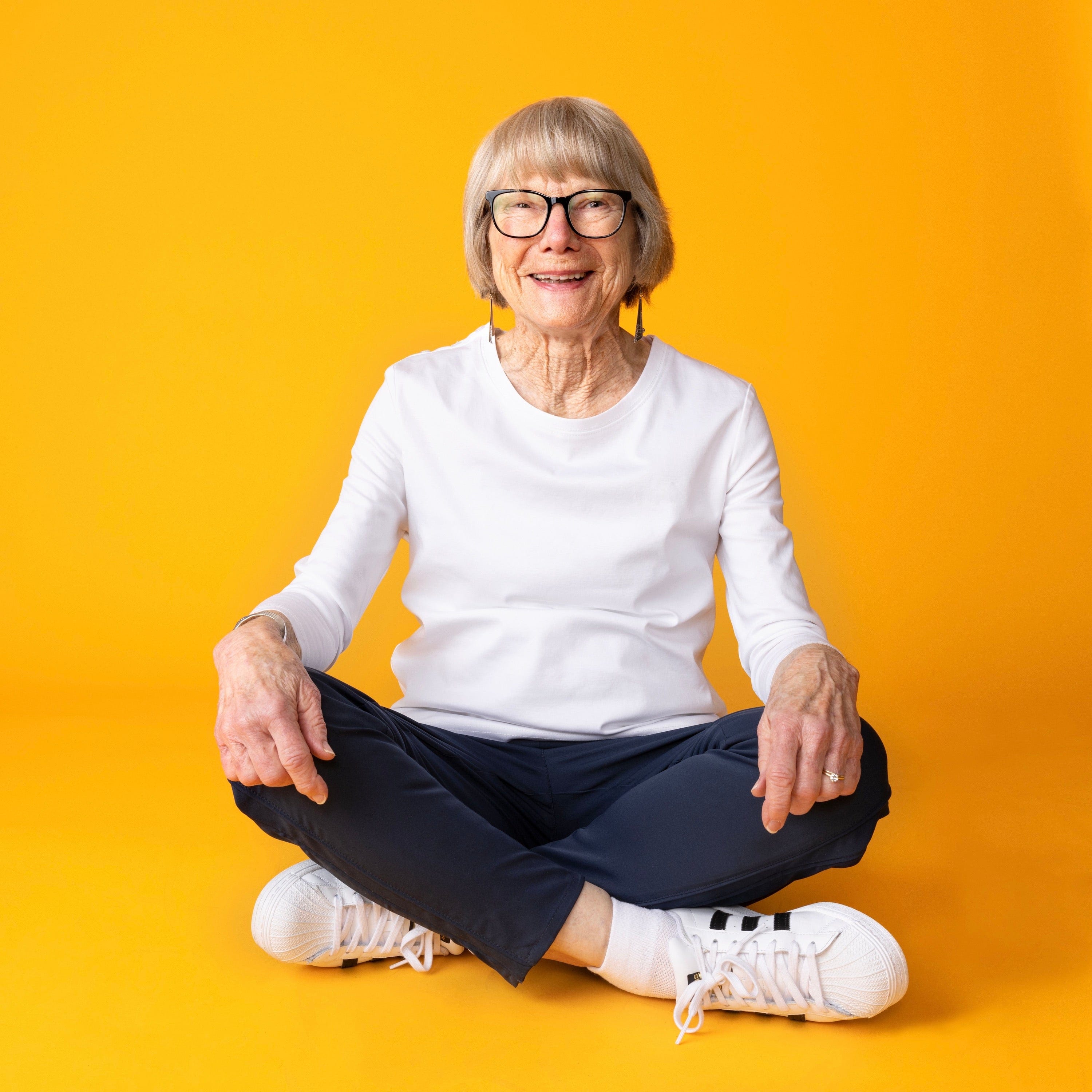
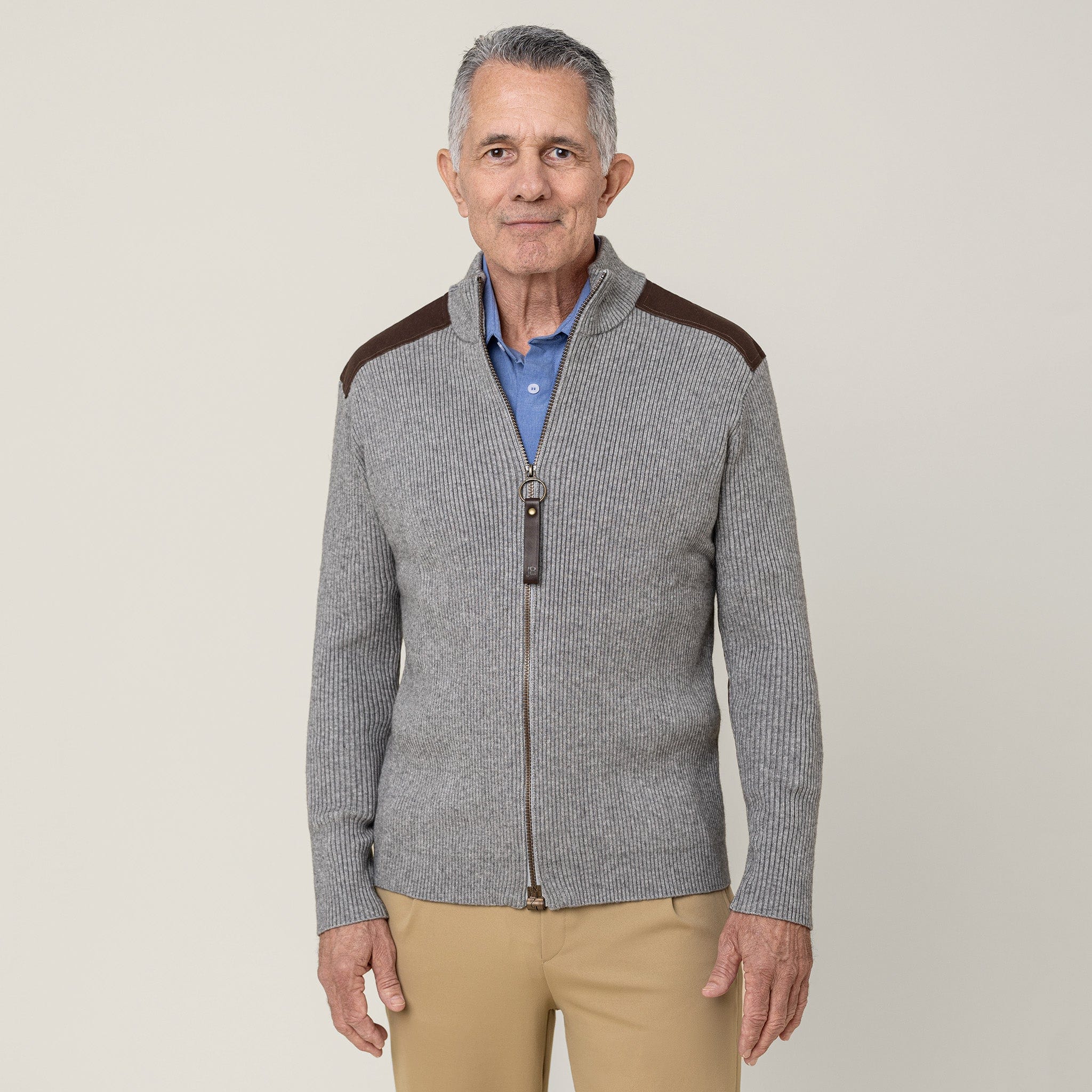
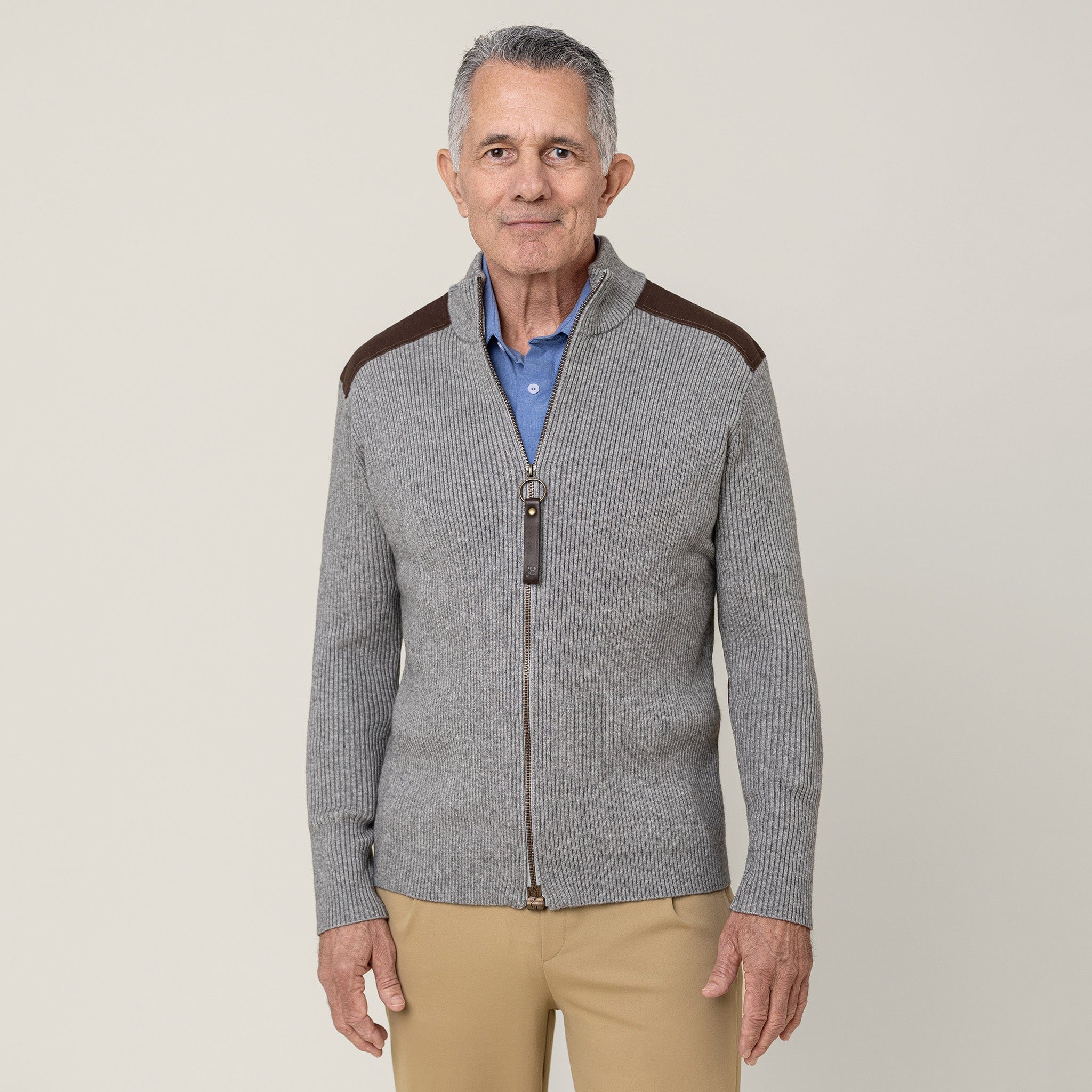
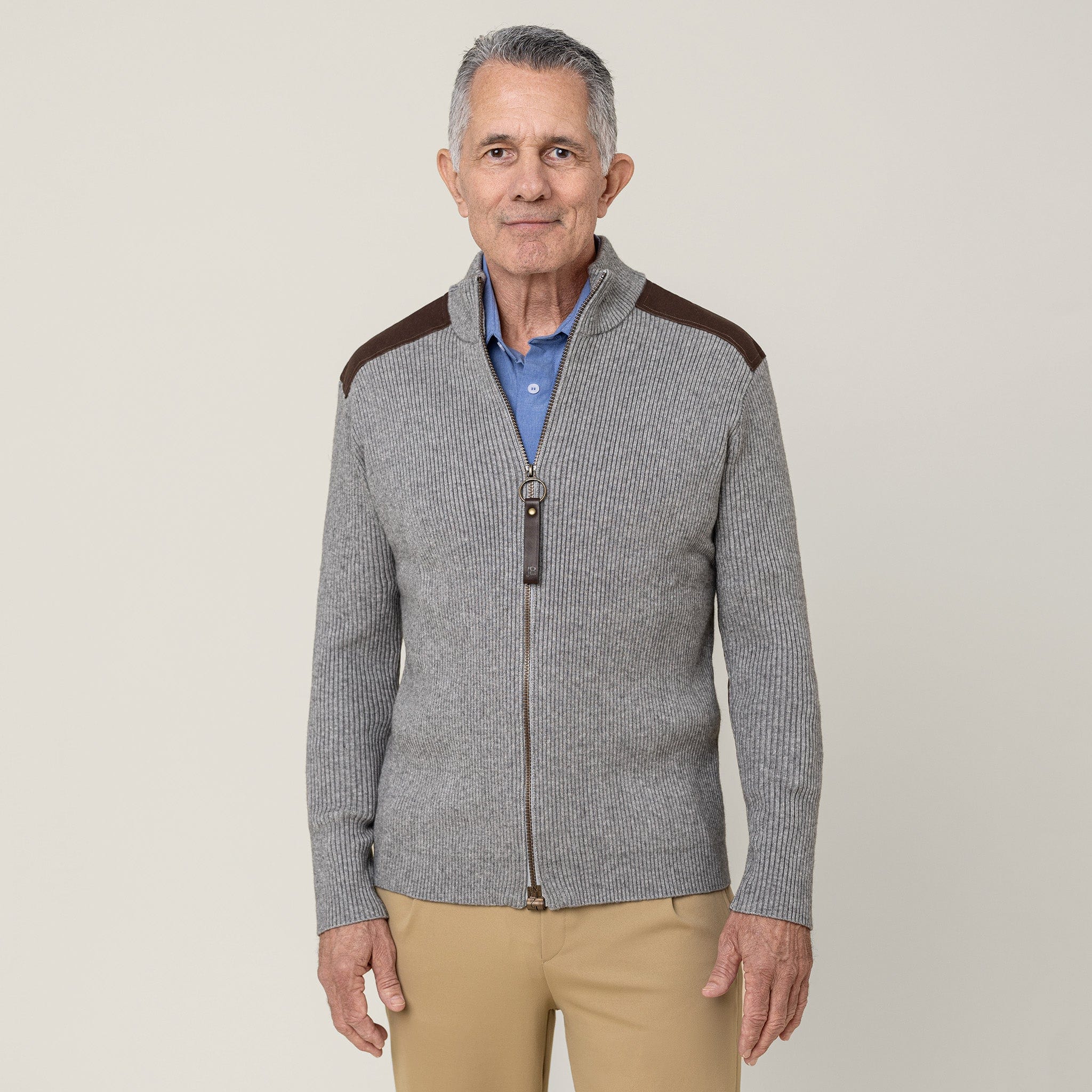
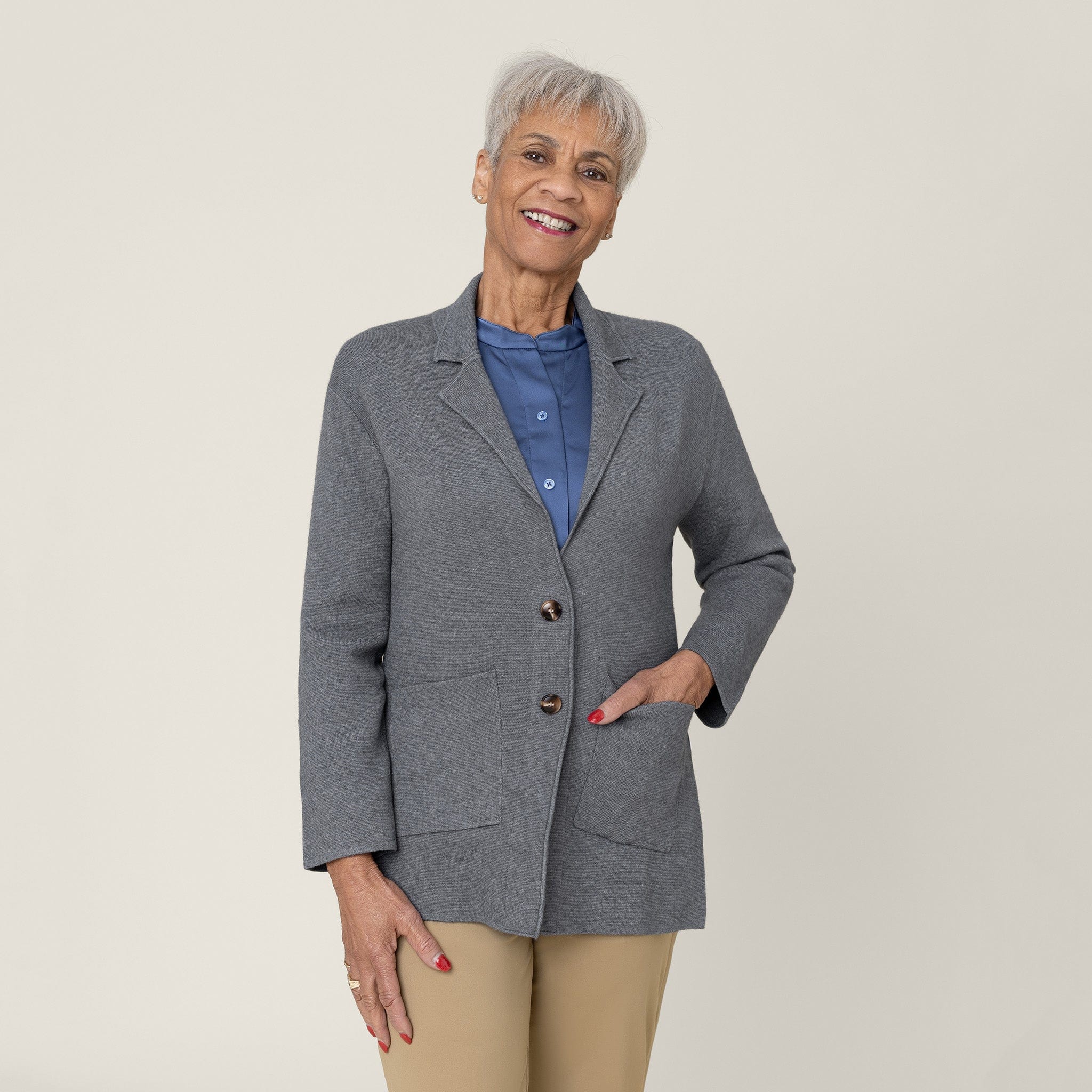

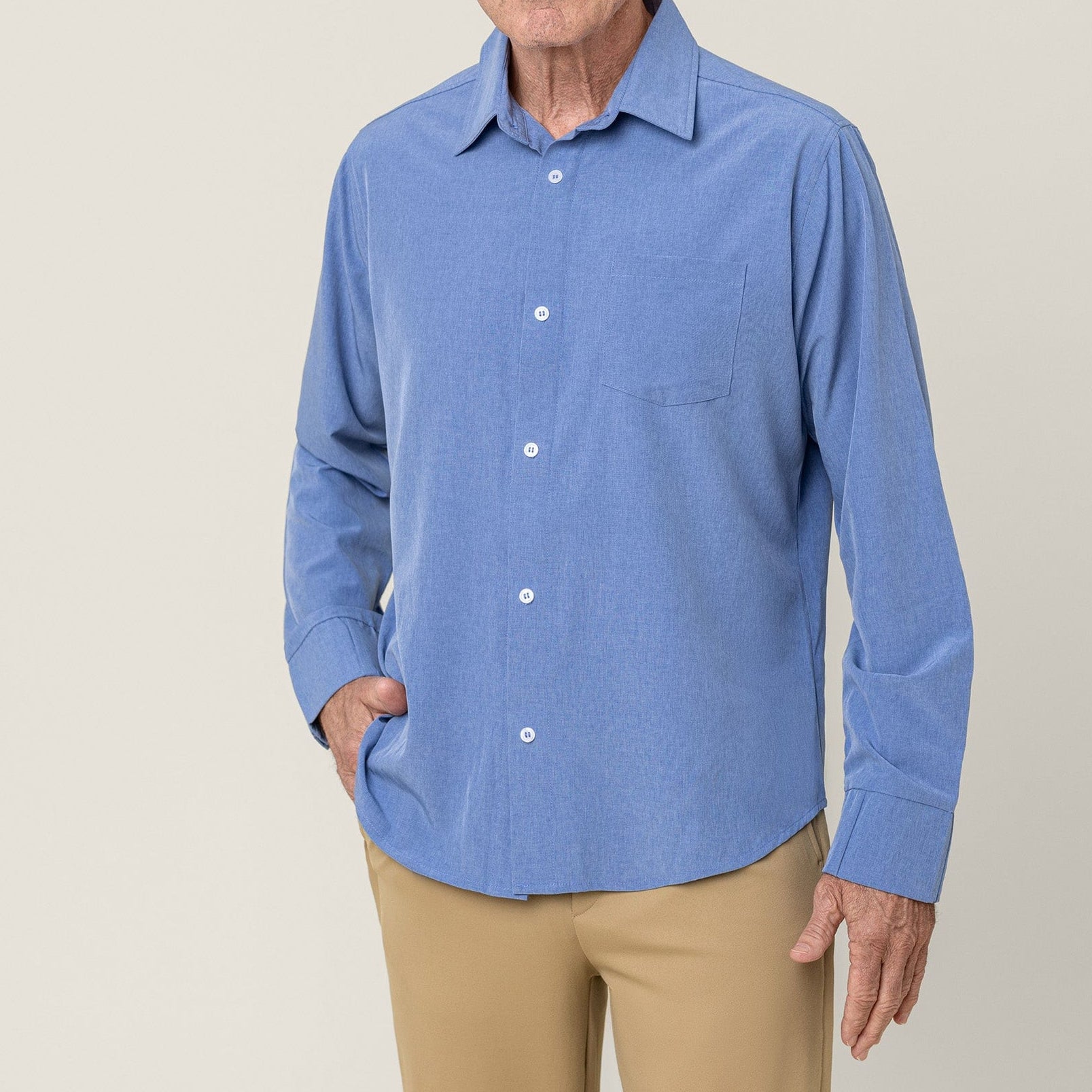


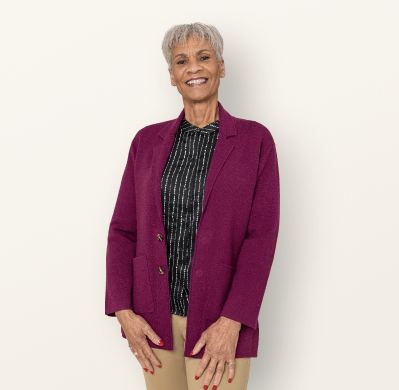
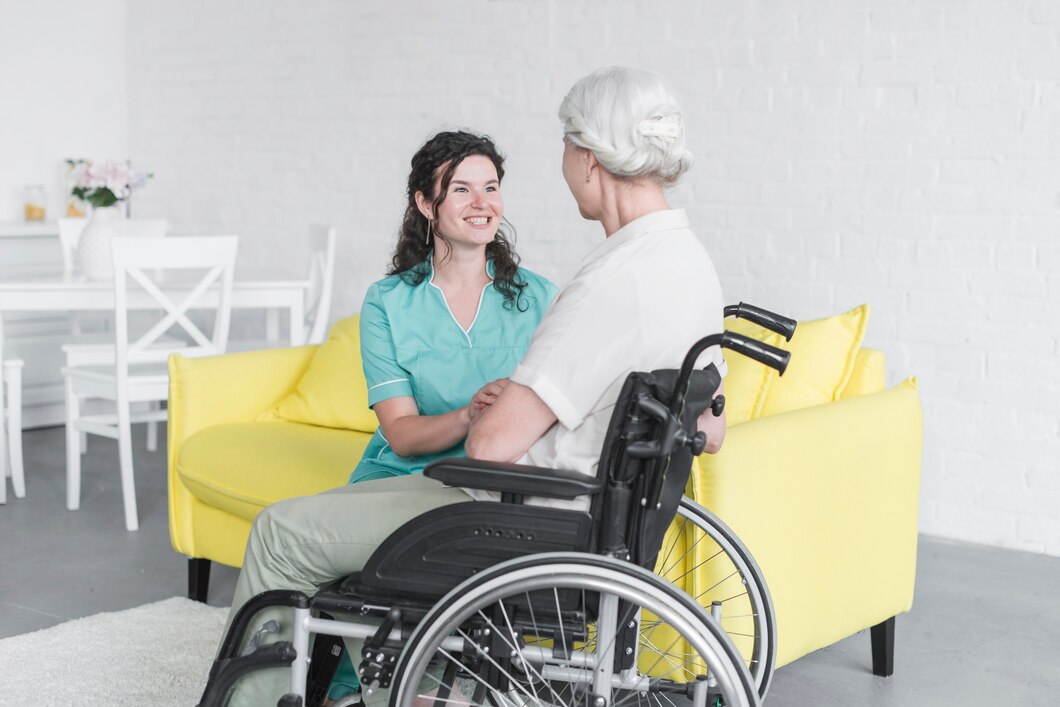
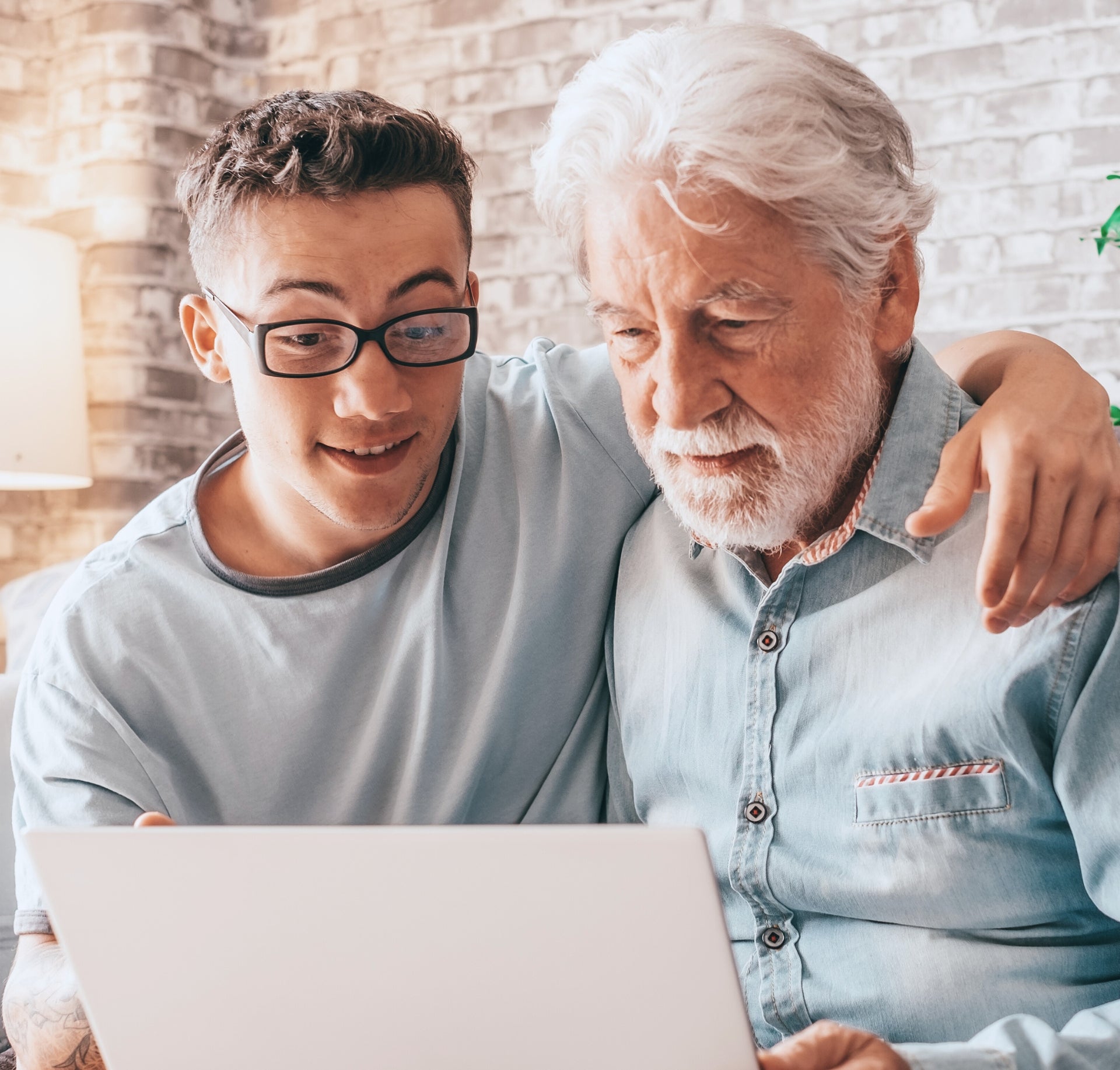
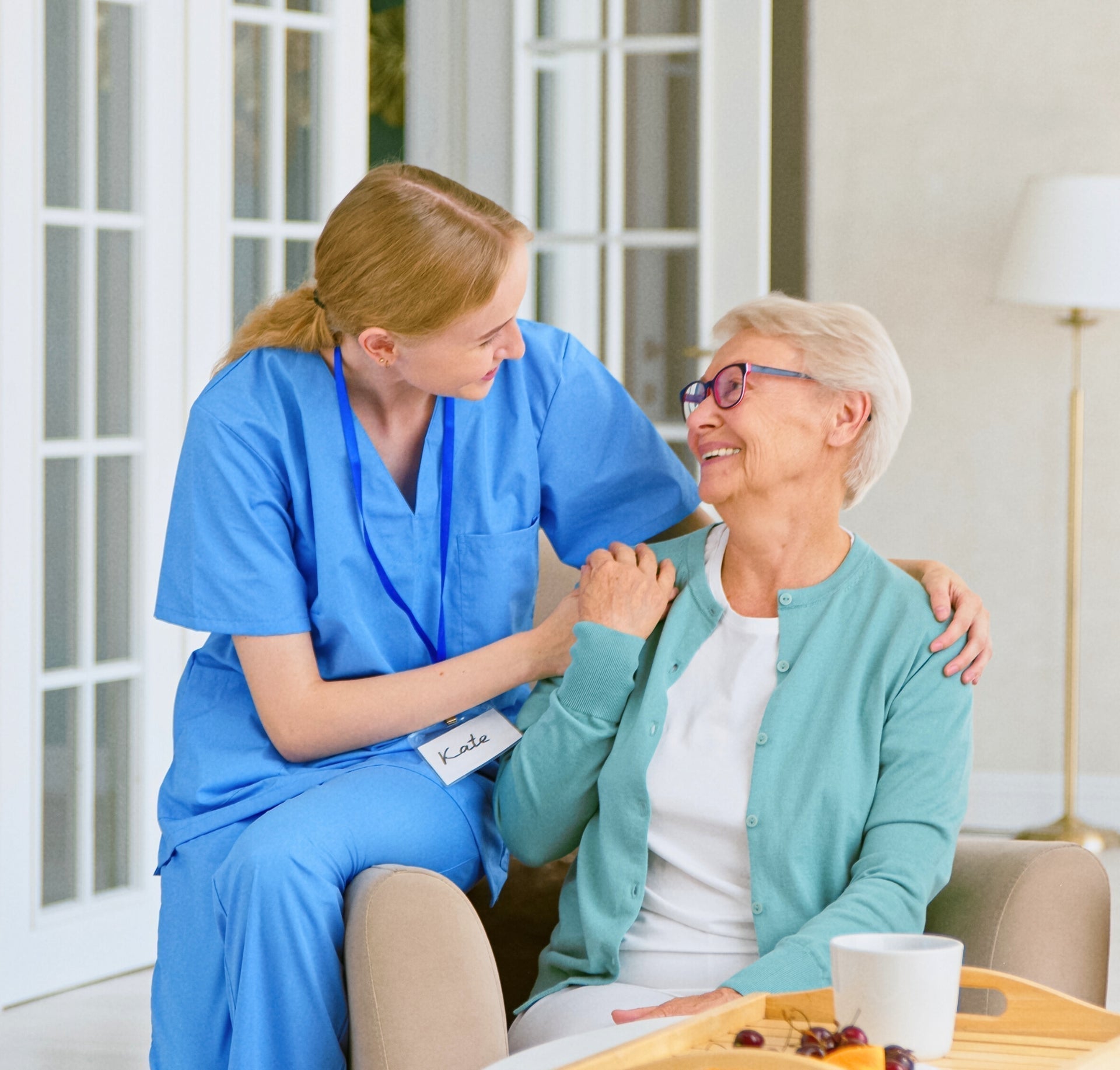
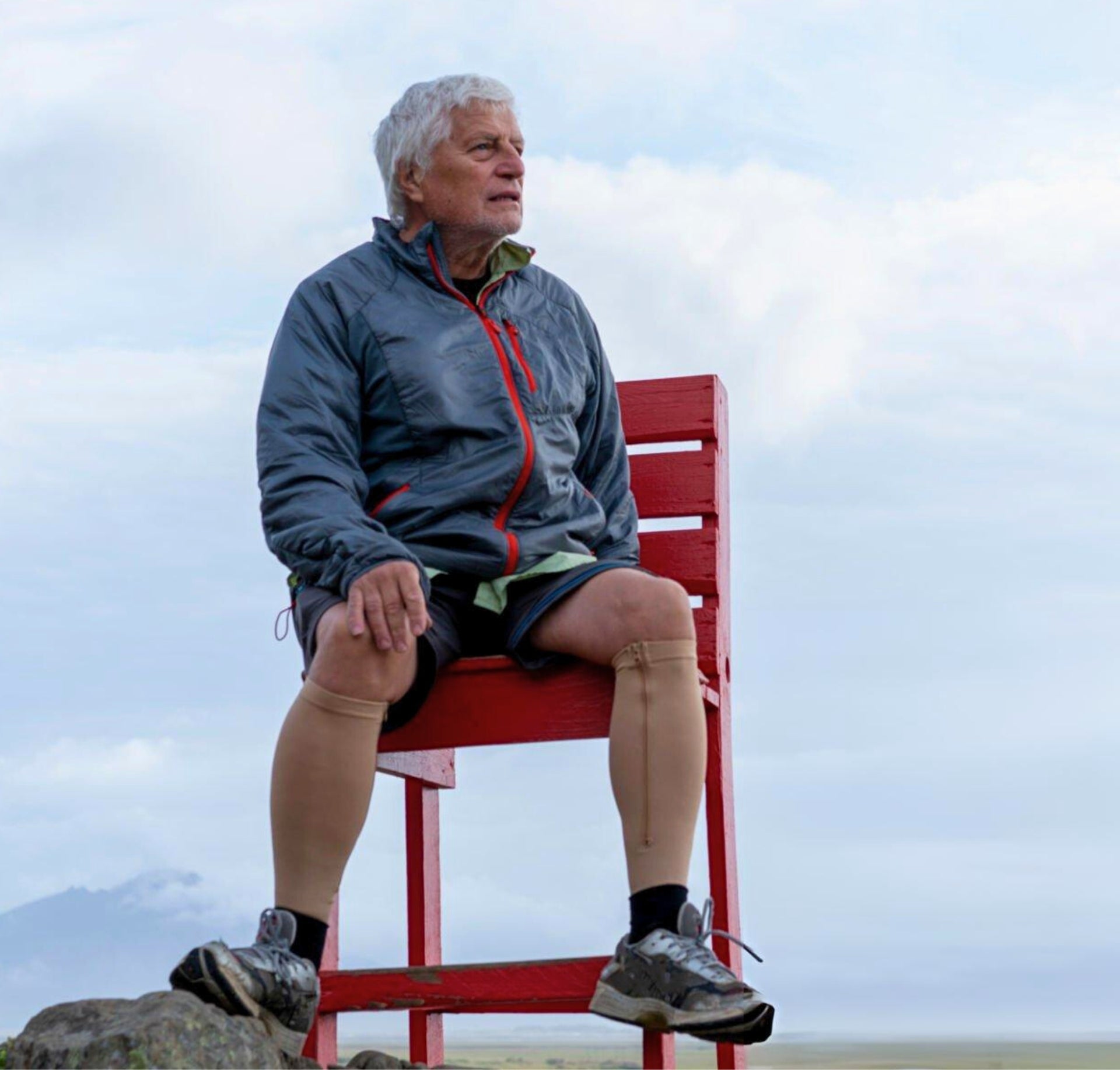

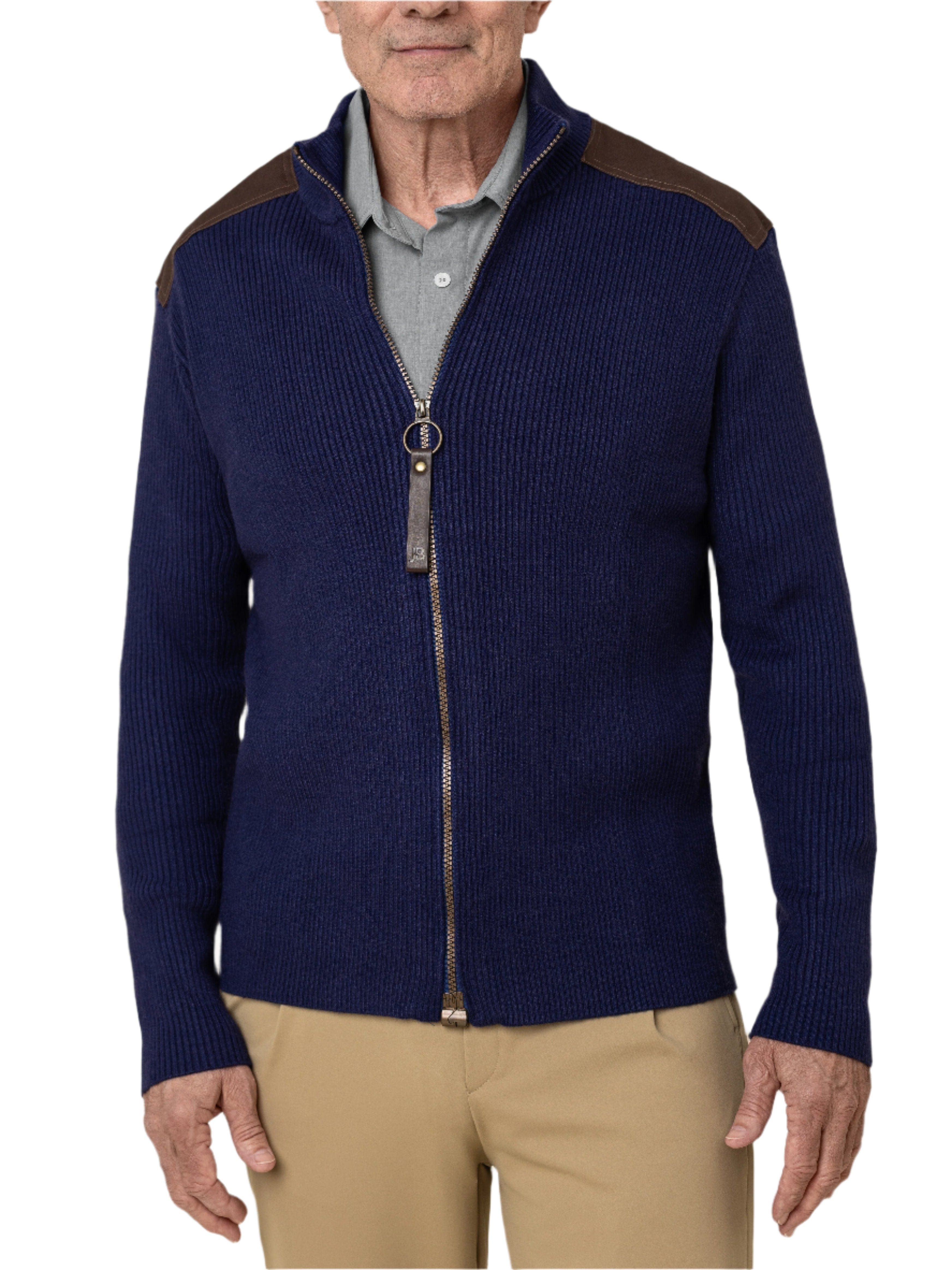



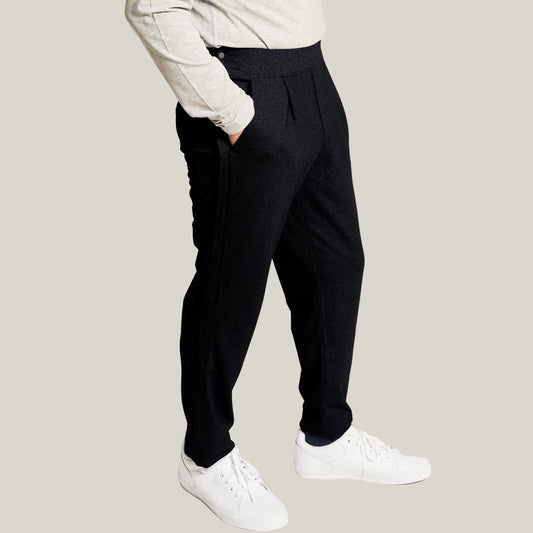

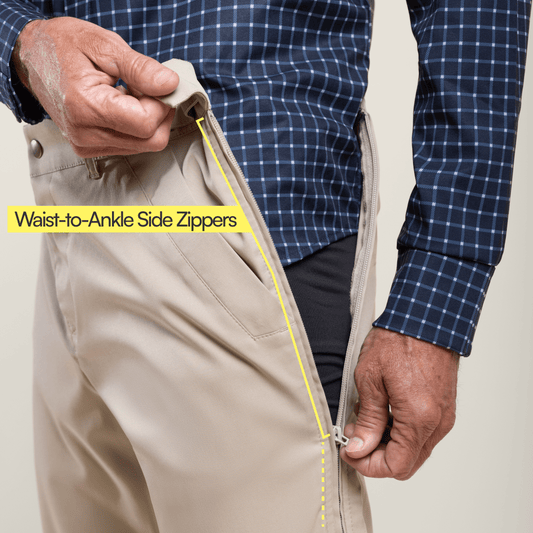


2 comments
Great blog post! Super helpful!
Early onset is particularly cruel and difficult for a family. It’s easy to see how “coaching” could be helpful for persons suddenly thrust into care responsibility. Thanks for posting this.